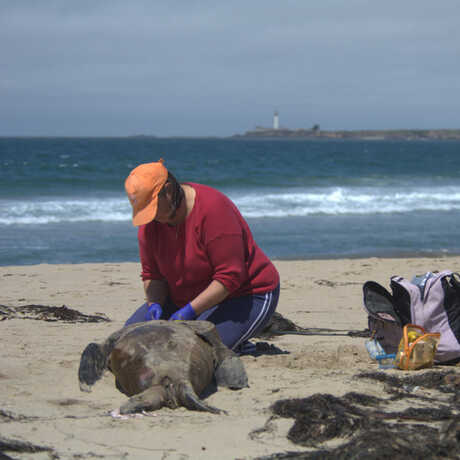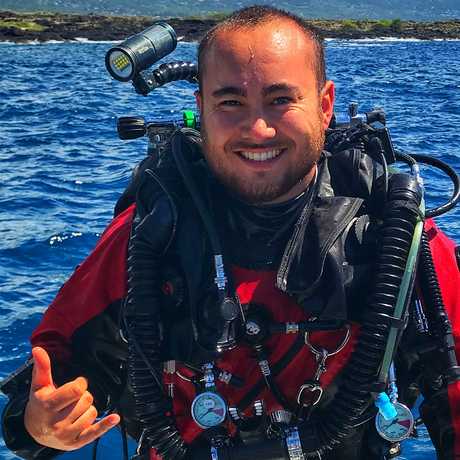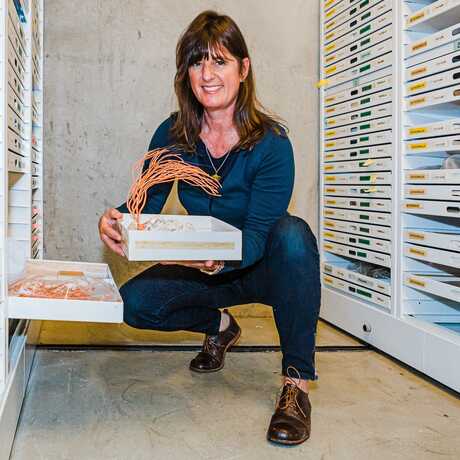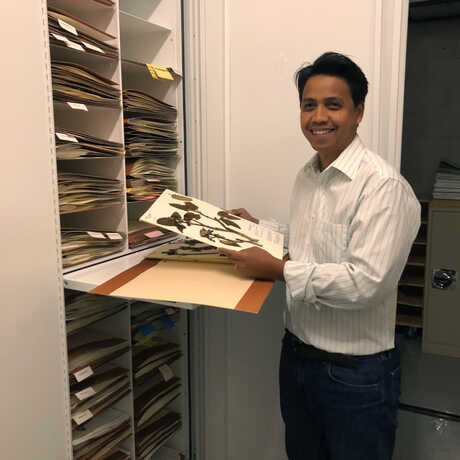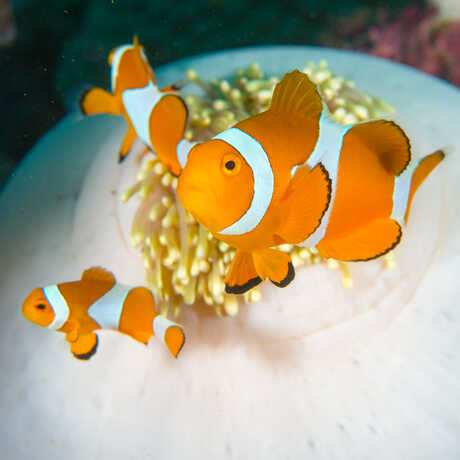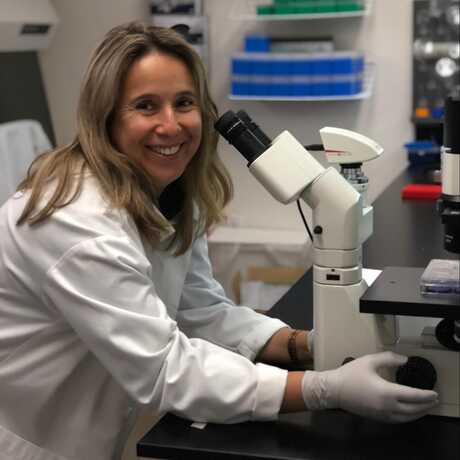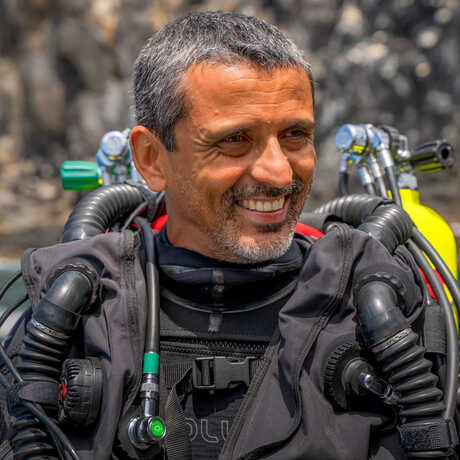Search for Academy curators, collections managers, and research staff working to answer some of the world's most pressing scientific questions.
As a lifelong coastside dweller, my love for my ocean neighbors brought me to marine mammal rescue for 18+ years. It was only natural for me to expand my experience with them by volunteering to prepare their skulls for the research collection in O&M, beginning in 2008. I soon included field response – examining dead marine mammals – to my responsibilities, and in 2011, I became an employee. Every animal has a story, bearing witness to the rapidly changing ocean conditions, and our examinations tell that story.
I joined the Ornithology and Mammalogy department in 2022, first as a volunteer and later as a Curatorial Assistant focused on marine mammals. I double-majored with a B.S. in biology and zoology from Cal Poly Humboldt and have over 5 years of experience in marine mammal stranding response. As part of the Prescott grant, I participate in marine mammal stranding response, large whale necropsies, collection, preparation, and data digitization. In 2023, I was brought onto the RANGES grant to digitize trait data of the O&M departments 16,000+ terrestrial mammals.
Tyler is pursuing a Masters degree in Ecology, Evolution and Conservation Biology at San Francisco State University and serves as an On-Call Dive Officer at the Steinhart Aquarium.
Chrissy Piotrowski manages care and maintenance of the Academy's vast and taxonomically diverse Invertebrate Zoology Research Collection (excluding entomology specimens). She oversees CASIZ collection-related activities and documentation including acquisitions, curation, taxonomic determinations, specimen loans and exhibit, researcher visits, data inquiries, and maintenance of an online searchable database of digital specimen records.
My research interests focus on the taxonomy, systematics and biogeography of the Malagasy flora. I am conducting ongoing research on the St. John’s wort family, Hypericaceae, and the princess flower family, Melastomataceae, and am also investigating the relationships between Malagasy species and closely related groups from mainland Africa and the New World.
I started my journey with marine mammals when studying Animal Behavior at Hunter College, where I had the opportunity to do field work with Atlantic Spotted Dolphins. After a relocation to California I became active in marine mammal rescue and rehab and through my involvement with Beach Watch, a volunteer beach survey program, was introduced to the work of CAS and the Marine Mammal Stranding Network. In 2021 I was hired to work on sea otter specimen preparation, and have since had the opportunity to work in field response and whale necropsies.
Claudia Rocha is a Lab and Collection Manager for the Microbiology Department. She also manages the Ichthyology Tissue Collection where researchers around the world can request genetic samples as loans to answer questions on evolution, ecology, biodiversity and even climate change. One of her research focuses is on coral reef fishes, primarily on discovering viruses in coral reef fishes at different ecosystems. Her last publications are descriptions of new species of fish.
My research interests and experience are centered on the ecology, evolution, phylogeography (or the geographic distribution of genetic lineages), conservation, biogeography and systematics of coral reef fishes. I frequently try to combine these fields, invoking ecology to help explain evolutionary patterns and using molecular tools to test biogeographic and systematic hypotheses. The overall objective of this interdisciplinary research is to test existing hypotheses (and propose new ones) about what generates and maintains the extremely high biodiversity in tropical coral reefs.
I am the Curator of Geology, and I've been at the Academy since 1999. I hold degrees in Biology (B.Sc.), Oceanography (M.S.) and Geology (Ph.D.). My research is transdisciplinary, with a focus on understanding the evolution of ecological systems, emphasizing paleontology, deep time, and perspectives on complexity dynamics. Most of my research these days centers around global change biology, and how we can further develop our understanding of Earth's past ecosystems to better forecast our future.
